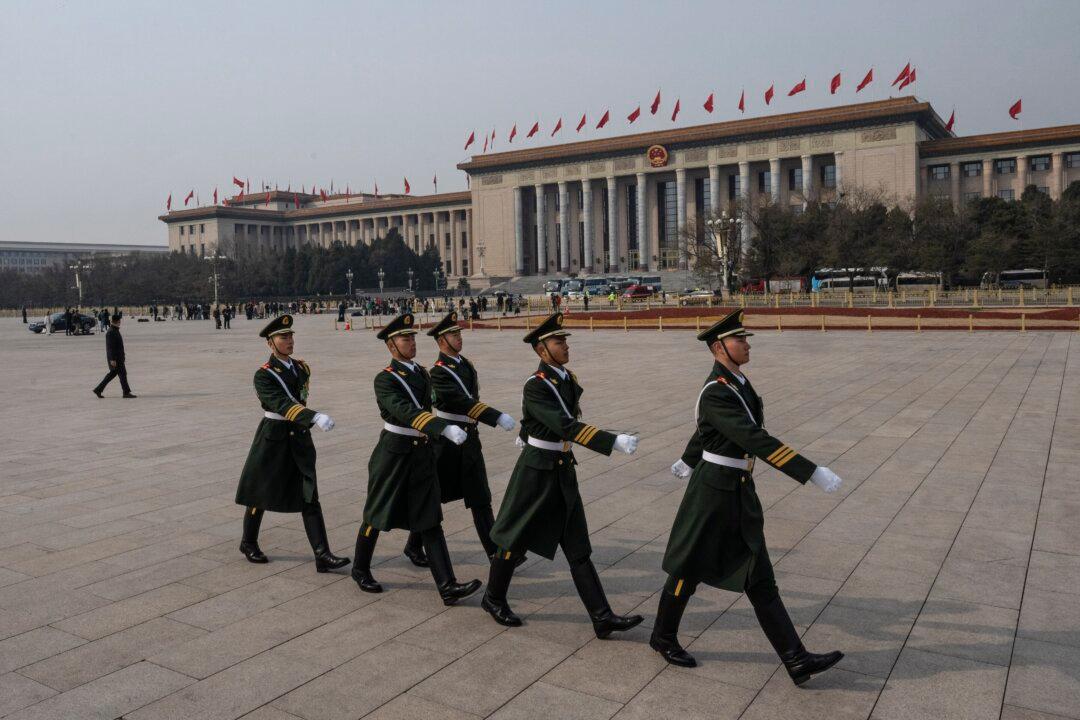While the Chinese Communist Party (CCP) leader Xi Jinping was visiting Europe earlier this week, most of the members of the Standing Committee of the CCP’s political bureau went to local areas for “research.” China observers believe these are preparations for the long overdue Third Plenary Session of the CCP.
Xi returned to Beijing on May 11 after touring France, Serbia, and Hungary since May 5.




